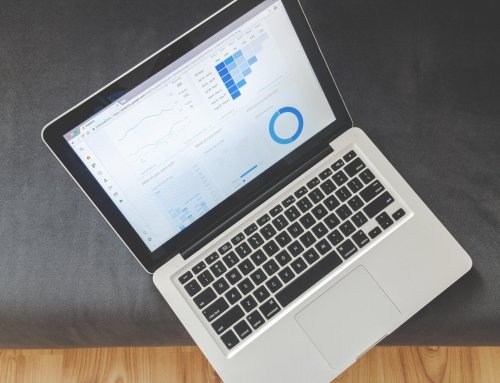What business expenses are allowable for Corporation Tax purposes?
Running a Limited Company comes with many financial responsibilities, and understanding which business expenses are allowable for Corporation Tax is one of the smartest ways to reduce your tax bill legally. Allowable expenses are costs incurred wholly and exclusively for running your business, from staff salaries, office rent, and equipment to travel, software subscriptions, and professional fees. By claiming these correctly, you can lower your taxable profits, stay fully compliant with HMRC, and make smarter financial decisions for your company.
In this blog, we’ll break down the most common allowable expenses, explain which costs are not claimable, and share practical tips for keeping accurate records to maximise your Corporation Tax efficiency.
What are allowable expenses for Corporation Tax?
If you’re new to running your own business, you may be wondering what an allowable expense is. In short, it’s a cost which your company incurs wholly and exclusively for the purpose of running the business. When calculating your taxable profits expenses are deducted from your income, and therefore in turn will reduce the amount of Corporation Tax you’ll end up owing.
So, put simply: less profit = less tax
However, it’s important to remember that not everything is considered an allowable expense, so you need to understand the rules.
Common Limited Company allowable expenses
The following list includes some of the most frequently claimed, and HMRC approved business expenses:
Staff Salaries and Wages
- Director salaries
- Employee wages
- Employer’s National Insurance Contributions (NICs)
- Staff bonuses
- Pension contributions (from the employer’s side)
Office Costs and Utilities
- Business premises rent
- Business rates
- Office supplies (stationary, printer ink, etc)
- Utility bills (if you work from an office space, or from your home office proportion)
Professional Fees and Consultancy
- Accountancy fees
- Legal fees related to the running of your business
- Any consultancy fees or subcontractor fees
Marketing, Advertising, and Branding
- Website design and hosting costs
- Online advertising (such as google ads, LinkedIn advertising, Facebook ads, etc)
- Business cards, flyers, and any promotional material
- Brand-related promotions and sponsorships
Travel and Subsistence Expenses
- Claimable business mileage at HMRC’s approved rates
- Air travel, taxi or train travel for business purposes
- Hotel stays when travelling for business
- Meals whilst away from home travelling for business (within reason)
Important note: Ordinary commuting from home to a permanent place of work is not allowable
Training and Professional Development
- Courses relating directly to your trade, or help to maintain existing skills
Important note: undertaking training for new trades or qualifications is usually not allowable
Telephone
- Business mobile and landline costs
Subscriptions and Software
- Business-related software (such as accounting, design, project management tools, etc)
- Subscriptions to professional bodies or trade publications
Insurance
- Public liability
- Professional indemnity
- Employer’s liability
- Office or equipment insurance
Equipment and Assets
- Laptops, mobile phones, desks, etc
- Claimed either as an expense or as capital allowances (which will depend on the item, and its associated cost)
Expenses you cannot claim for Corporation Tax
The following expenses are specifically disallowed by HMRC:
- Client entertainment (such as taking clients out for meals or drinks)
- Fines and penalties
- Political donations
Even if you company does pay for these things, they must be added back when it comes to calculating profit for tax purposes.
Don’t forget to keep records!
Any expense claim made must have accurate receipts, invoices, and bank statements. HMRC can request to see these whenever they wish to review your accounts.
Your Client Director can show you how to keep records accurately and securely, using cloud-based software, making tracking and storing your records simple and stress-free.
Final thoughts
Being able to claim allowable business expenses isn’t about dodging tax, it’s about being tax efficient by ensuring your company only pays Corporation Tax on genuine profit.
By understanding what you’re able to claim, you’re in a better position to:
- Reduce your tax bill
- Stay compliant with HMRC
- Make smarter financial decisions
If you’re unsure regarding a specific expense or want tailored advice, your Client Director is always on hand to help guide you.
Note: All the information and advice in this blog post was correct at the time of writing.









